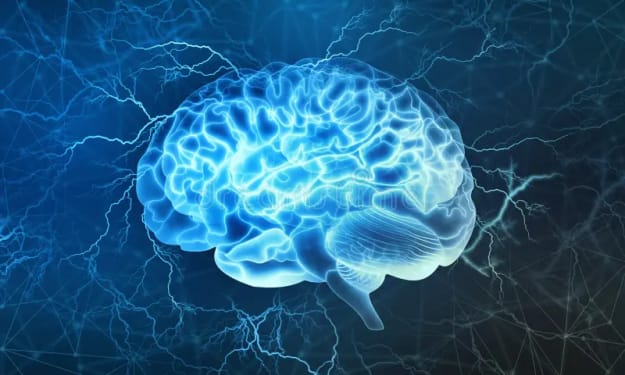How to Avoid Depression?
How to Avoid Depression?

Anyone, regardless of age, gender, or origin, can experience depression, which is a common mental health disorder. While depression may not totally be avoided, there are a number of methods and lifestyle decisions that can greatly lower the likelihood of experiencing depression. Resilience development and mental health upkeep are essential to avoiding depression. We will look at realistic actions, routines, and methods to help people protect their mental health and have satisfying lives in this thorough book.
Recognize Depression and Its Risk Factors: Recognizing depression and its possible risk factors is crucial to preventing the disorder. An intricate mental health condition called depression is influenced by environmental, psychological, and biological variables. A family history of depression, major life upheavals or pressures, trauma, chronic illness, and substance addiction are typical risk factors. Individuals can reduce these elements' effects by being proactive and being aware of them.
Foster Social Connections: Because people are social creatures, it's important to keep up positive interactions for mental wellness. Having meaningful relationships with friends, relatives, and supportive groups of people can help people feel emotionally supported and less lonely or alone. Make an effort to strengthen current connections and develop new ones through volunteering or common interests.
Exercise Frequently: Research has shown that exercise is beneficial for mental health. Regular exercise causes the release of endorphins, which can soothe tension and improve mood. Exercises that reduce depression include walking, running, swimming, yoga, and dance. Aim for 150 minutes or more per week of moderate-intensity exercise.
Adopt a Balanced Diet: Consuming a diet that is both well-balanced and nutrient-rich is essential for general health, which includes mental well-being. Consuming a diet rich in fruits, vegetables, whole grains, lean meats, and healthy fats can enhance mental wellness. Avoid processed and sugary foods as much as possible because they can cause mood swings and energy fluctuations.
Get Enough Sleep: Sound sleep is essential for maintaining emotional and mental stamina. Aim for 7-9 hours of sleep each night because not getting enough sleep can affect your mood and your ability to think clearly. Establish a regular bedtime and appropriate sleep hygiene practices, such as avoiding electronics before bed and establishing a calming pre-sleep ritual.
Effective Stress Management: Prolonged stress raises the likelihood of depression. To decompress and relax, try stress-reduction practices like mindfulness, meditation, deep breathing exercises, or taking up a hobby. Assess your stress levels frequently, and if necessary, change your lifestyle or responsibilities to reduce it.
Limit Substance Use: Alcohol and drug use can make depression symptoms worse. If you find it difficult to control your substance usage, stay away from excessive consumption and seek out professional assistance. Abuse of substances can have a negative impact on mental health and result in a depression and dependency cycle.
Set Realistic Goals: Feelings of inadequacy and sadness can be exacerbated by unrealistic expectations and continuous self-criticism. Set attainable objectives and acknowledge your accomplishments, no matter how minor they may seem. Be patient with yourself as you work toward your goals by breaking huge activities into doable chunks.
Develop Gratitude: Being grateful might help you to divert your attention from unfavorable feelings and ideas. Recognizing the good things in life on a regular basis can enhance wellbeing in general and lower the risk of depression. Keep a thankfulness diary in which you list the things for which you are thankful every day.
Practice Mindful Self-Compassion: Show yourself compassion and kindness. Recognize that everyone experiences obstacles and failures. You should show yourself the same compassion and understanding that you would a friend. Avoid self-criticism and negative self-talk; use self-affirming and encouraging words instead.
Improve Your Problem-Solving Skills: By improving your problem-solving abilities, you can better manage difficulties. When presented with challenges, recognize the issue, generate potential solutions, balance the benefits and drawbacks of each, and then take the appropriate action. The ability to solve problems well can increase confidence and lessen emotions of helplessness.
Seek Professional Support: Don't be reluctant to seek assistance from a mental health professional if you consistently feel depressed, hopeless, or lose interest in activities. Early intervention can significantly impact how well depression is managed and even stop it from getting worse. Depression can be effectively managed with the use of medications and therapies like cognitive-behavioral therapy (CBT).





Comments
There are no comments for this story
Be the first to respond and start the conversation.